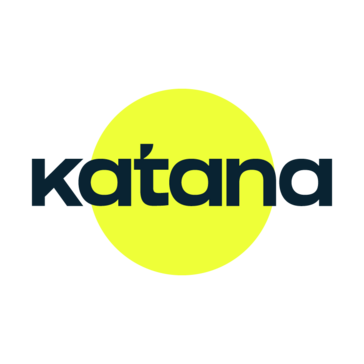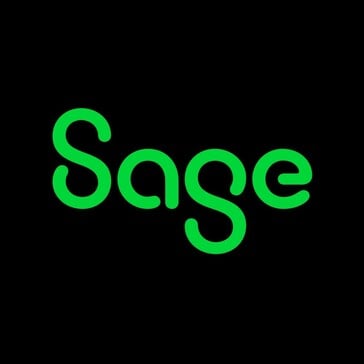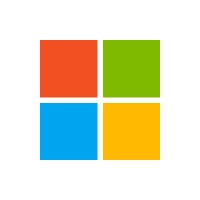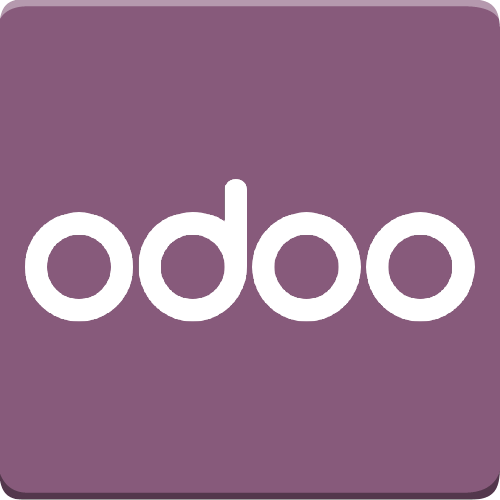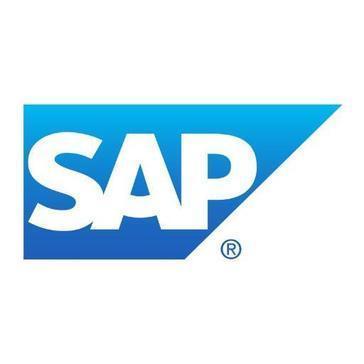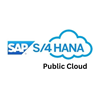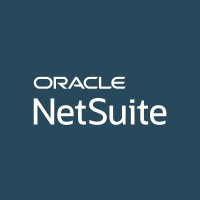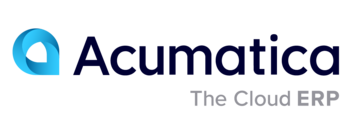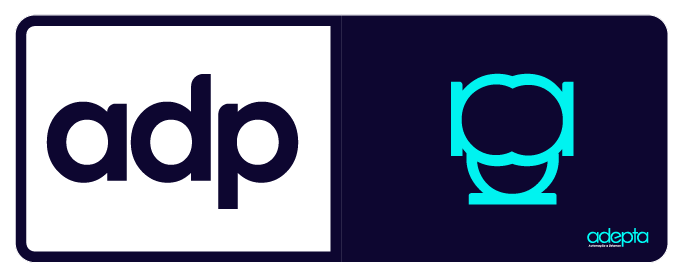No buyer guide found.
Best Enterprise Resource Planning (ERP) Software
ERP stands for Enterprise Resource Planning. ERP is a large-scale software solution designed for businesses of any size and type. ERP systems are used to aid the flow of various processes between a business’s internal departments and external data and functions. Enterprise Resource Planning helps with the gaining of insights into a company’s real-time operations. ERP is a powerful strategy for a company to manage its costs, services, and production. Enterprise Resource Planning software tracks a company’s resources, overhead, and commitments to the company’s internal sectors and to the company as a whole. Employees can access the modules that they need in order to finish their tasks. Management, on the other hand, can access all the modules to both create and review data and reports. This modularity of the functions of the ERP software helps protect the security of the company. Here are our top choices for the best ERP systems that you may find promising for your business.
What is ERP software?
ERP (Enterprise Resource Planning) software is an all-in-one business management tool that connects finance, HR, sales, inventory, and supply chain into one system.
- 4.4 avg. rating from 04 reviews
Last Updated: October 01, 2025
All Software
-
Comparison
1929 Software
Top 10 Enterprise Resource Planning (ERP) Software
List of Best Enterprise Resource Planning (ERP) Software
Pricing Options
Monthly Subscription
Annual Subscription
One-Time Payment
Quote Based
Features
Company Size
Self Employed
Small Business
Medium Business
Enterprise
Adepta is an enterprise resource planning (ERP) software crafted to centralize and streamline a company’s core processes, including finance, inventory, procurement, and human resources. With Adepta, businesses can gain comprehensive visibility into their operations, allowing them to optimize workflows and improve decision-making. The software’s modular design enables companies to implement onl... Read more about Adepta
Systematic-ERP is an advanced enterprise resource planning (ERP) software designed to help organizations streamline and optimize their core business processes. The software integrates multiple departments, including finance, human resources, supply chain, and inventory management, into a single platform, ensuring real-time visibility and data synchronization across the organization. Systematic-ERP... Read more about Systematic-ERP
Max is a wholesome work management solution for startups and enterprises seeking to simplify People, Sales, and Finance processes. Our comprehensive, all-in-one work management software simplifies recruitment, training, payroll, documentation, management, onboarding, and expense reimbursement all in one place. Max is on a mission to transform how organisations operate in the modern world with... Read more about Max ERP
DiaTrac is a powerful ERP software designed specifically for the diamond and jewelry industry. It seamlessly integrates inventory, sales, purchase, customer management, accounting, and reporting into a single, easy-to-use platform. With AI-enabled insights, DiaTrac empowers businesses to make smarter, data-driven decisions and reduce operational errors. Its secure cloud-based architecture ensures... Read more about DiaTrac
